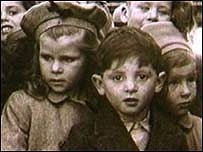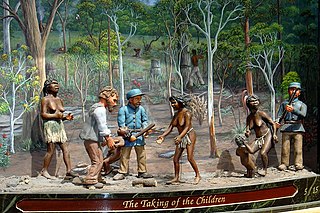
The Stolen Generations were the children of Australian Aboriginal and Torres Strait Islander descent who were removed from their families by the Australian federal and state government agencies and church missions, under acts of their respective parliaments. The removals of those referred to as "half-caste" children were conducted in the period between approximately 1905 and 1967, although in some places mixed-race children were still being taken into the 1970s.

An orphanage is a residential institution, total institution or group home, devoted to the care of orphans and children who, for various reasons, cannot be cared for by their biological families. The parents may be deceased, absent, or abusive. There may be substance abuse or mental illness in the biological home, or the parent may simply be unwilling to care for the child. The legal responsibility for the support of abandoned children differs from country to country, and within countries. Government-run orphanages have been phased out in most developed countries during the latter half of the 20th century but continue to operate in many other regions internationally. It is now generally accepted that orphanages are detrimental to the emotional wellbeing of children, and government support goes instead towards supporting the family unit.

Barnardo's is a charity headquartered in Barkingside in the London Borough of Redbridge. It was founded by Thomas John Barnardo in 1866, to care for vulnerable children. As of 2013, it raised and spent around £200 million each year running around 900 local services, aimed at helping these same groups. It is the largest children's charity in the UK in terms of charitable expenditure.
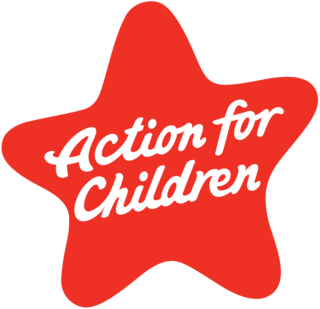
Action for Children is a UK children's charity created to help vulnerable children and young people and their families in the UK. The charity has 7,000 staff and volunteers who operate over 475 services in the UK. They served a total of 671,275 children in 2021 and 2022. Action for Children's national headquarters is in Watford, and it is a registered charity under English and Scottish law. In 2017/2018, it had a gross income of £151 million.

Home Children was the child migration scheme founded by Annie MacPherson in 1869, under which more than 100,000 children were sent from the United Kingdom to Australia, Canada, New Zealand, and South Africa. The programme was largely discontinued in the 1930s but not entirely terminated until the 1970s.
The Forde Inquiry (1998–1999), or formally the Commission of Inquiry into Abuse of Children in Queensland Institutions, was a special inquiry into child abuse in the state of Queensland, Australia, presided over by Leneen Forde AC, a former governor of Queensland. Assisting Ms Forde were Dr Jane Thomason and Mr Hans Heilperm.
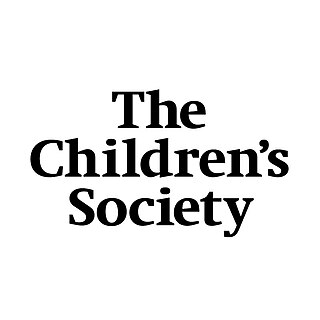
The Children's Society, formally the Church of England Children's Society, is a United Kingdom national children's charity allied to the Church of England.
Child protective services (CPS) is the name of an agency responsible for providing child protection, which includes responding to reports of child abuse or neglect. Some countries and US states use other names, often attempting to reflect more family-centered practices, such as department of children and family services (DCFS). CPS is also sometimes known by the name of department of social services, though these terms more often have a broader meaning.

Margaret Humphreys, is a British social worker and author from Nottingham, England. She worked for Nottinghamshire County Council operating around Radford, Nottingham and Hyson Green in child protection and adoption services. In 1986, she received a letter from a woman in Australia who, believing she was an orphan, was looking to locate her birth certificate so she could get married.

The Orkney child abuse scandal began on 27 February 1991, when social workers and police removed children—five boys and four girls, aged eight to fifteen and all from the families of English "incomers"—from their homes on the island of South Ronaldsay in Orkney, Scotland, because of allegations of child abuse. The children denied that any abuse had occurred, and medical examinations did not reveal any evidence of abuse.

The Congregation of Our Lady of Charity of the Good Shepherd, also known as the Sisters of the Good Shepherd, is a Catholic religious order that was founded in 1835 by Mary Euphrasia Pelletier in Angers, France. The religious sisters belong to a Catholic international congregation of religious women dedicated to promoting the welfare of women and girls.
Child migration or "children in migration or mobility" is the movement of people ages 3–18 within or across political borders, with or without their parents or a legal guardian, to another country or region. They may travel with or without legal travel documents. They may arrive to the destination country as refugees, asylum seekers, or economic migrants.
Forgotten Australians or care leavers are terms referring to the estimated 500,000 children who experienced care in institutions or outside a home setting in Australia during the 20th century. The Australian Senate committee used the term in the title of its report which resulted from its 2003–2004 "Inquiry into Children in Institutional Care", which looked primarily at those affected children who were not covered by the 1997 Bringing Them Home report, which focused on Aboriginal children, and the 2001 report Lost Innocents: Righting the Record which reported on an inquiry into child migrants.
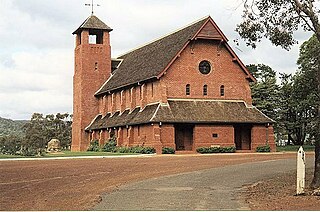
Fairbridge, Western Australia is a former farm school near Pinjarra in Southwest Western Australia. It is now used predominantly for education, school and community camps and tourism purposes. It is also home to Fairbridge College, a curriculum and reengagement secondary school.
The Congregation of the Sisters of Nazareth, until recently known as the Poor Sisters of Nazareth, are a Roman Catholic apostolic congregation of religious sisters of pontifical right, based in London, England. Members live in "Nazareth Houses" in English-speaking countries around the world: the UK, Ireland, United States, Australia, New Zealand and South Africa.
Forced adoption is the practice of removing children permanently from their parents and the subsequent adoption of those children, following intervention by the Children's Services department of a Local Authority in the United Kingdom.
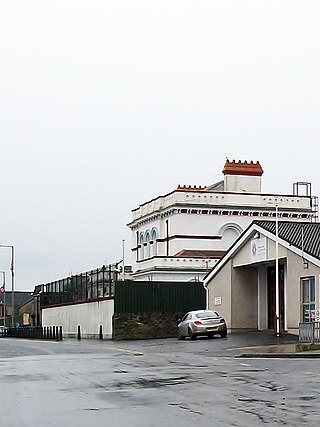
The 2014–2016 Northern Ireland Historical Institutional Abuse Inquiry, often referred to as the HIA Inquiry, is the largest inquiry into historical institutional sexual and physical abuse of children in Northern Ireland legal history. Its remit covers institutions in Northern Ireland that provided residential care for children from 1922 to 1995, but excludes most church-run schools.
Freda Briggs was an Australian academic, author and child protection advocate. In 2000, she was named Senior Australian of the Year for her pioneering work in child protection.

The Royal Commission of Inquiry into Historical Abuse in State Care and in the Care of Faith-based Institutions was established by the New Zealand Government in 2018 to inquire into and report upon allegations of historical abuse to children, young people and adults in state care and in the care of faith-based institutions in New Zealand between 1950 and 1999.

The Scottish Child Abuse Inquiry was established in October 2015 to inquire into cases of abuse of children in care in Scotland. It was to report and make recommendations within four years by 2019. But this deadline was later changed to "as soon as reasonably practicable". Concerns have been raised about mounting costs and delays in the inquiry. Six years after the start of the on-going inquiry and long after the original deadline, Anne Smith released a report which was critical of the previous Scottish government for the 'woeful and avoidable' delay in setting up the inquiry.
